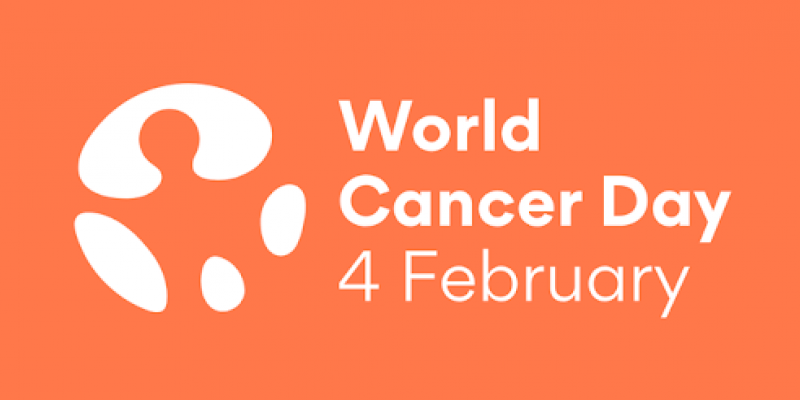World Cancer Day
It’s February 4th. It is the day that Rosa Parks and Alice Cooper were born. On this day in 2004, Mark Zuckerberg launched Facebook from his dorm room at Harvard. It has also been designated as World Cancer Day. 9.6 million people worldwide die from cancer each year and it is expected that number will rise to 13 million by 2030 (unless we choose to act). It is estimated that one-third of all cancer cases are preventable and another third are curable, if detected early and treated effectively.
Cancer is a broad term that describes the disease that occurs with the uncontrolled growth and division of cells. Most cells of our body have fixed lifespans and while this may seem a bad thing, it allows for cells to die and be replaced by newer cells that can function better. These cancer cells grow uncontrollably using oxygen and nutrients that other cells need and may cause damage to healthy cells and organs.
While some risk factors for cancer such as increasing age and genetics cannot be changed, a number of risk factors are modifiable:
Alcohol: It can increase the risk of six types of cancers, including bowel, breast, mouth and throat, esophageal, liver and stomach. Generally speaking, the higher the consumption of alcohol, the higher the risk.
Being Overweight or Obese: Excess weight has been linked to an increased risk of developing 12 different cancers including bowl and pancreatic cancers.
Diet & Nutrition: Particularly diets high in red meats, processed meats, salted foods and low in vegetables and fruits have an impact on cancer risks.
Physical Activity: Being physically active can help to reduce the risks of developing colon, breast and endometrial cancers.
Tobacco: Responsible for approximately 22% of cancer deaths. Those who start earlier, smoke more, or smoker longer, increase their risk even higher.
Radiation: Prolonged and unprotected exposure to UV radiation from the sun, sunlamps and tanning beds can also lead to melanoma and skin cancers.
Work Place Hazards: Workers in the chemical dye industry are more likely to suffer from bladder cancer.
Infection: Infectious agents contribute to approximately 2.2 million cancer deaths annually. Cancer cannot be caught like a virus; instead the virus can cause changes in cells making them more likely to become cancerous. HPV for example increases the risk of cervical, anal and throat cancers.
So today, decide to stand up to cancer. Make choices that help to reduce your risk. Get educated and seek help early. Take care of yourselves and each other.








